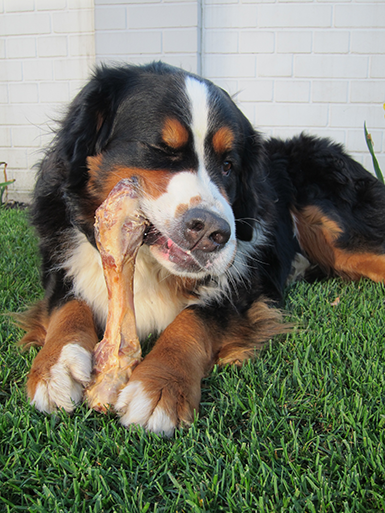Pet Safety Guidelines
While our hospitals are always open to help pets in need, we hope you won’t need to see us anytime soon! See our pet safety tips on how to avoid common hazards and protect your pet from serious illness or injury.
Learn More About...
Household Toxins
Your home is a safe haven, but it likely harbors a variety of dangers for your pet that you might not even know about! If your household contains any of these common toxins, make sure you store them in a secure, out-of-reach place.
- Antifreeze (ethylene glycol)
- Prescription and non-prescription human drugs
- Rodenticides, including rat poison
- Insecticides
- Cleaners and hygiene products
- Various foods, including:
- Grapes and raisins
- Chocolate
- Garlic and garlic powder
- Onions and onion powder
- Coffee and soft drinks
- Sugar-free gum, candy, and baked goods, which might contain xylitol
- Macadamia nuts
- Alcohol
- Yeast dough or spent brewer’s grains (used for home brewing)
- Moldy food
- Human vitamins and health supplements
- Certain plants, such as lilies
- Lawn and garden fertilizers
- De-icing products, including sidewalk salt
Additional Household Pet Hazards
Other important hazards include:
- Meat bones (can cause choking, blockage, and internal injury)
- Toys with small, removable parts or stuffing
- Dental floss, string, yarn, and rubber bands
Tips for Helping Your Pet Handle Hot and Cold Temperatures
Extreme weather can pose a threat to your pet’s safety. Here’s what to do to keep them safe, healthy, and comfortable.
Holiday Pet Safety Hazards
Pet emergencies are common during the holidays due to the many hazards present.
Nature Safety Tips
When you take your pet with you to go out and enjoy all that nature has to offer, keep these suggestions in mind:
- Keep your dog/cat leashed at all times. A fitted harness specific to their size (especially for cats) is also essential for keeping them under control.
- Steer your pet away from any frozen lakes or ponds when taking winter walks. The ice may not be sturdy enough to support their weight.
- While it’s okay for your pet to sniff around and explore their surroundings, don’t let them eat or drink anything they come across.
- Make sure your pet’s ID tags are up-to-date, and that their microchip is properly registered under your name and current contact information.
- Treat your pet with their monthly flea and tick preventative (if they’re due).
- Have a clear idea of where you and your pet are going, and know which areas to avoid (hot sand/asphalt, sharp rocks, steep slopes, patches of poison ivy, etc.)
- Always keep an eye on your pet, no matter where you are. Watch for any signs of trouble, especially heat stroke, which often comes with these symptoms:
- Constant, heavy panting
- Trouble breathing
- Inability to urinate
- Bright red gums
- Staggering
- Vomiting
- Diarrhea
- Confusion
- Weakness


